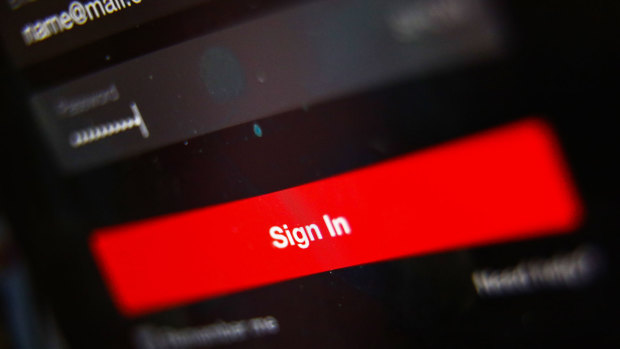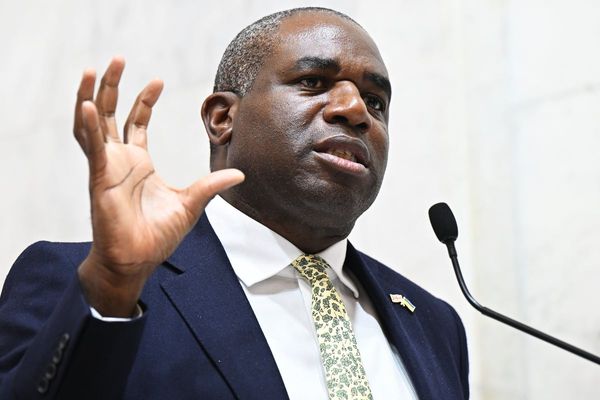
Netflix's (NFLX) -) password sharing crackdown seems to be working. The streaming giant added 5.9 million new subscribers in the quarter, bringing its total to more than 238 million globally. Netflix’s CFO, Spencer Neumann, called the crackdown the company's “primary revenue accelerator in the year" during its earnings call.
This comes two months after Netflix announced that it would no longer allow users to share passwords while rolling out a paid sharing option.
Full Video Transcript Below:
J.D. DURKIN: Frances, thanks for joining us. So the company missed on revenue, did add a decent amount of subscribers. Talk to me about your biggest takeaways from the report from the streaming giant this week.
FRANCES STACY: Yeah, so it's very interesting because what they have added subscribers so that says that the password crackdown is adding subscribers. Right but it's whether or not, and they've adjusted their pricing model a little bit to a $7 model with ads, and so they make up for that revenue with advertising revenue. But then they had this sort of $10 tier that didn't have ads. And what they looked at was the normal subscription, you know, was creating revenue and the ad subscription was creating revenue.
So they're eliminating that $10 with no ads because they were losing money in that department. And so that's sort of an interesting development. It's going to take a quarter or two for that to kind of roll through. And then just basically, you know, they've had this subscriber growth, but they're adjusting that advertising model and that's going to just take some time.
J.D. DURKIN: And Frances, this may seem obvious to you, but I mean, there's no way to know which percentage, let's say, of new subscribers come directly as a result of the password crackdown versus genuine new signups who at this point, even despite Netflix's long history, might just be signing up for the service for the first time, right?
FRANCES STACY: Yeah, totally. Remains to be seen in that consistency. And as the consumer, you know, we're living in a bifurcated economy. And, you know, we've got the lower 60% living paycheck to paycheck, increasingly getting indebted with, you know, record amount of credit usage or debt or multi-decade. And then, you know, of course, the debt service as the Fed raises rates is getting increasingly onerous. And so people have a choice whether they want or not, of what they're going to let go of. And so they're getting out there with the $7 subscription. And so it just remains to be seen the longevity. But most people can afford $7 a month and keep the content rolling and it's cheaper entertainment than what they might seek otherwise.
J.D. DURKIN: What parts of Netflix's current model and I'm wondering specifically about the password sharing crackdown can be implemented by other competitors in the space? And if so, to what degree or is Netflix kind of stand alone as the leader of the pack, given its history?
FRANCES STACY: Netflix was the front runner, the leader, I think Netflix is still kind of the go to streaming company. And so they're getting ahead of this. But people just I mean, I don't know, people are just habitual. And the thing is, is we decoupled everything when we kind of got rid of cable. And now, even me, I find myself jumping between different streaming services. And I've decided it's a full time job to find out which movie to watch. And then so I use, you know, an hour doing that, and I've run out of time to watch the movie, and then I have to sort of schedule the movies that I want to watch. So hard to say. But yes, I think that the technology is available. It's just, you know, where they want to put their, you know, their money in developing that. But any streamer that doesn't have the password crackdown is going to suffer ultimately with Netflix did so they could learn that early lesson would be my commonsensical approach.







